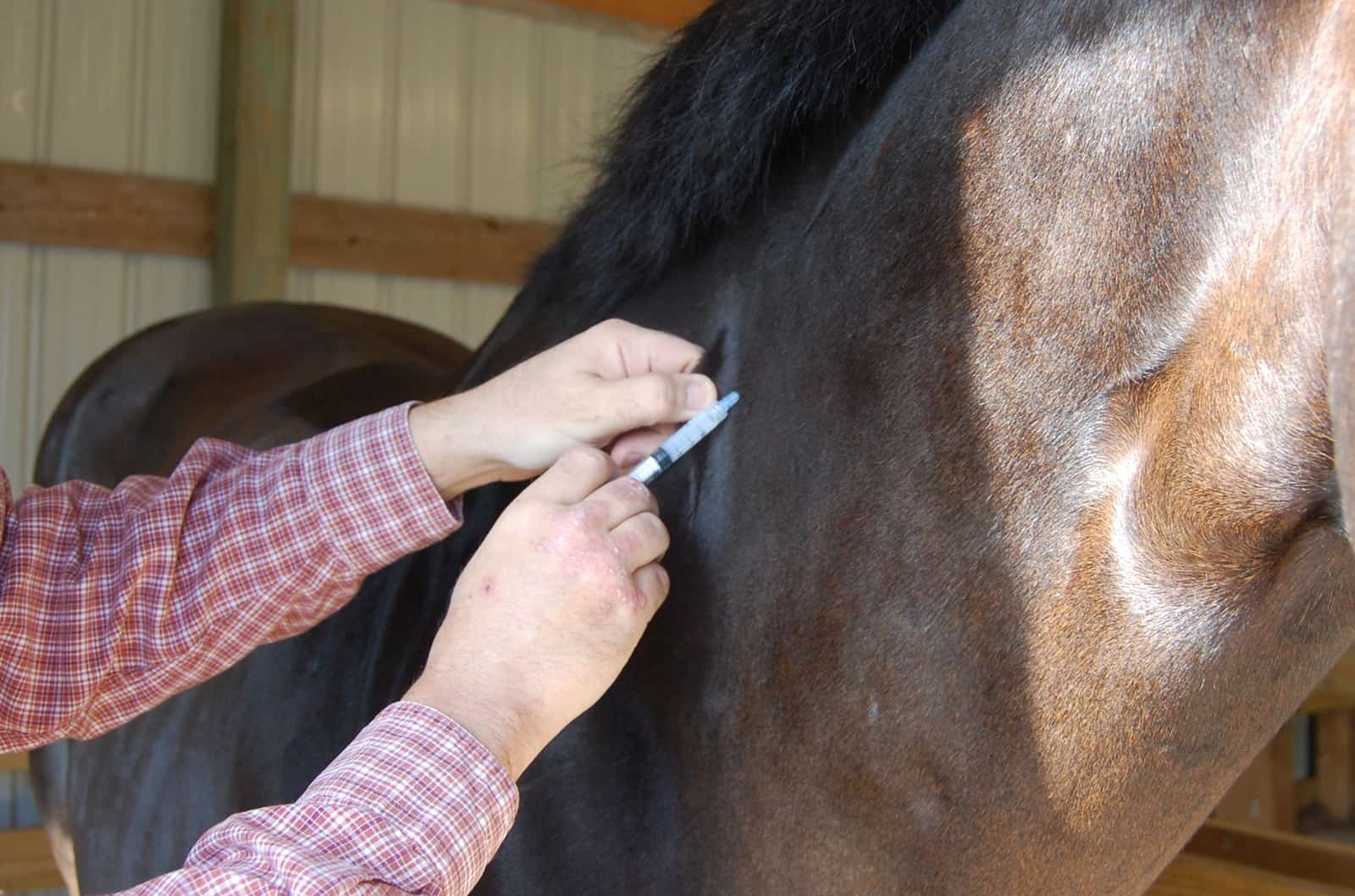How to Protect Your Horse From Equine Influenza

Equine influenza virus activity has recently increased in the U.S., Europe, and Nigeria. Normally, the virus circulates at a variable, but fairly low, level in the United States, but virus activity surged in the last three months of 2018 with outbreaks in 12 states. Additionally, an extensive EI event occurred in a donkey sanctuary in Nigeria. And, for the first time since 2015, multiple outbreaks of EI were reported during January and February of 2019 in France, Belgium, the Netherlands, Germany, Ireland, England, and Scotland.
In England, it resulted in a temporary lockdown of at least 174 premises and cancellation of racing for six days in February. Outbreaks were also reported in California, Arizona, Ohio, Indiana, and Washington State.

Some of the horses in these outbreaks, in both the U.S. and Europe, had been vaccinated against EI, raising the question: Is this a new strain that is not in the vaccines? The answer appears to be no. While the virus causing the Nigerian EI event is still uncharacterized, genetic analysis of isolates from both England and the U.S. confirms these as FC1
Create a free account with TheHorse.com to view this content.
TheHorse.com is home to thousands of free articles about horse health care. In order to access some of our exclusive free content, you must be signed into TheHorse.com.
Start your free account today!
Already have an account?
and continue reading.
Written by:
Equine Disease Quarterly
Related Articles
Stay on top of the most recent Horse Health news with















